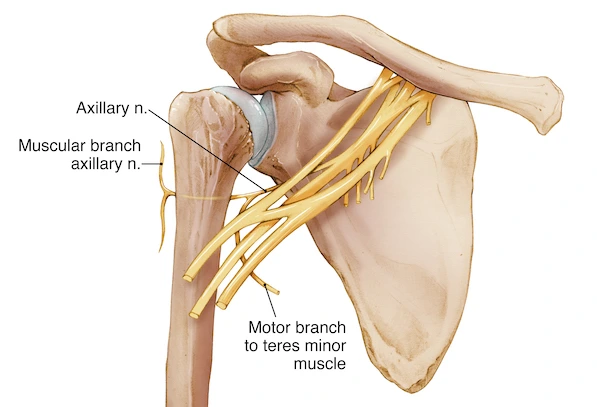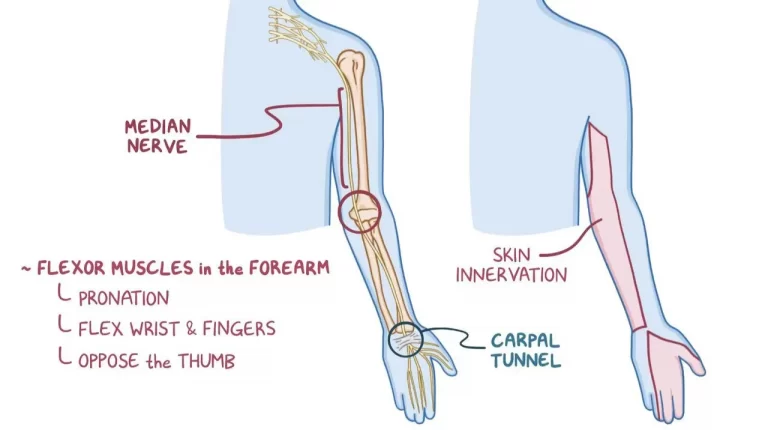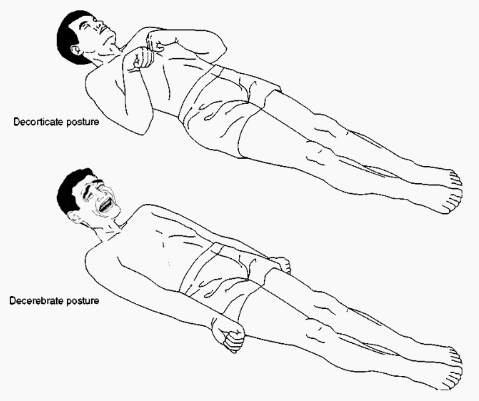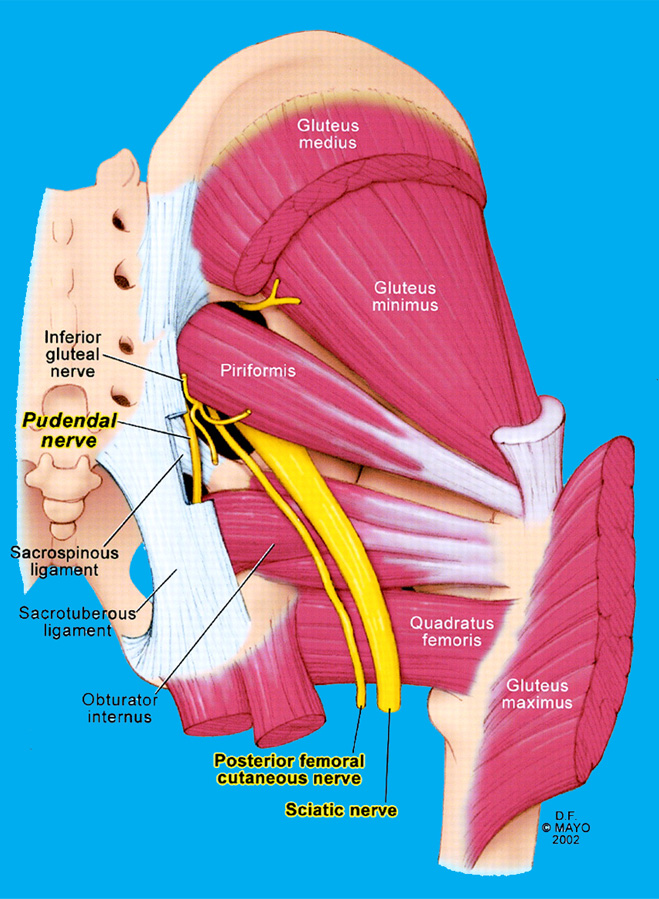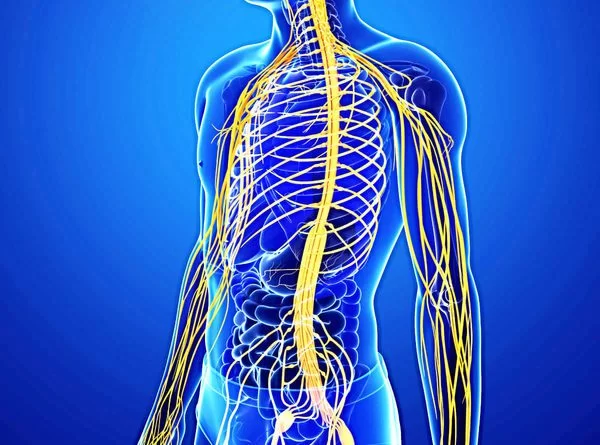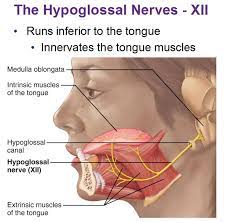Axillary Nerve
What is Axillary Nerve? The axillary nerve is one of the terminal branches brachial plexus, derived from its posterior cord (C5-6). It travels through the quadrangular space along with the posterior arterial blood vessel and vein. It is a mixed nerve, meaning that it’s both motor and sensory fibers that innervate important muscles of the…

